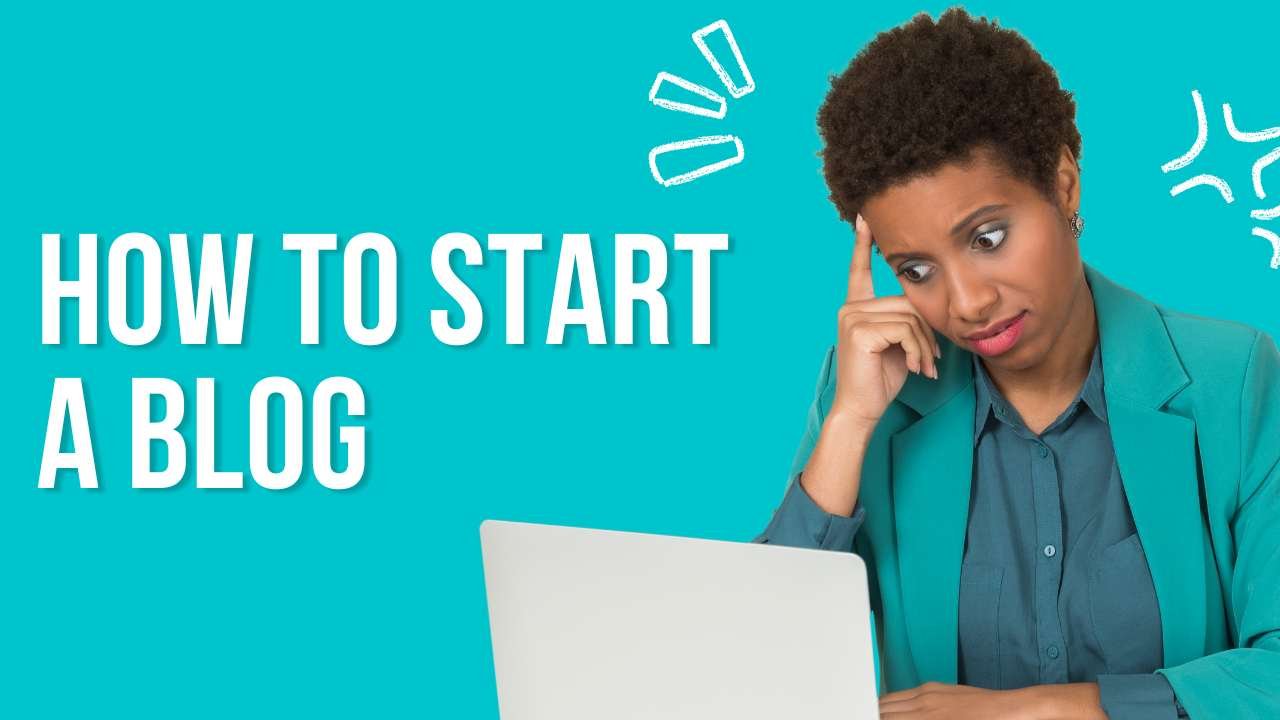Introduction: Are you ready to share your thoughts, ideas, and expertise with the world? Starting a blog is an excellent way to connect with others and establish an online presence. This comprehensive guide will walk you through the essential steps to start your own successful blog. From finding your niche to optimizing for search engines, let’s dive in and discover how to embark on an exciting blogging journey.
Thank you for reading this post, don't forget to subscribe!
- Define Your Blog’s Purpose and Audience: Before starting a blog, it’s important to define its purpose and target audience. Determine what you want to achieve with your blog and who you want to reach. This will help you focus your content and make it more appealing to your readers.
- Choose a Blogging Platform and Domain Name: Selecting the right platform is crucial for a smooth blogging experience. Popular blogging platforms include WordPress, Blogger, and Wix. Consider their features, customization options, and ease of use before making your decision. Additionally, choose a domain name that is memorable, relevant to your niche, and reflects your blog’s identity.
- Set Up Your Blog: Once you’ve chosen a platform and domain name, it’s time to set up your blog. Install your selected platform, choose an attractive theme, and customize it to match your branding. Ensure that your blog has a clean and user-friendly design that works well on both desktop and mobile devices.
- Create Compelling Content: Great content is the foundation of a successful blog. Identify topics that resonate with your target audience and provide value to them. Craft well-researched, informative, and engaging blog posts that keep readers coming back for more. Aim for a consistent posting schedule to establish a connection with your audience.
- Optimize Your Blog for SEO: Search Engine Optimization (SEO) is essential to increase your blog’s visibility in search engine results. Research relevant keywords using tools like Google Keyword Planner and incorporate them naturally into your blog posts. Optimize meta tags, headings, and image alt text to improve your blog’s chances of ranking higher in search engine results.
- Promote Your Blog: To attract readers to your blog, you need to promote it effectively. Leverage the power of social media platforms to share your blog posts and engage with your audience. Utilize email marketing, guest posting, and collaboration opportunities with other bloggers to expand your reach and build a community around your blog.
- Engage with Your Readers: Encourage interaction and engagement with your readers by responding to comments on your blog posts. Foster a sense of community by actively participating in discussions and addressing any questions or feedback. This will help you build a loyal readership and establish yourself as an authority in your niche.
- Explore Monetization Options: If you’re interested in monetizing your blog, explore various strategies such as affiliate marketing, sponsored content, or creating and selling digital products. However, focus on providing value to your audience first and ensure that any monetization efforts align with your blog’s purpose and audience.
- Monitor and Analyze Your Blog’s Performance: Regularly track your blog’s performance using tools like Google Analytics. Analyze metrics such as traffic, engagement, and conversion rates to gain insights into your audience’s behavior. This data will help you make informed decisions and optimize your blog for better results.
Conclusion: Starting a blog is an exciting endeavor that allows you to share your passions, connect with others, and make a meaningful impact. By following the steps outlined in this guide, you’ll be well on your way to creating a successful blog. Remember to stay consistent, provide valuable content, and adapt to the evolving.



